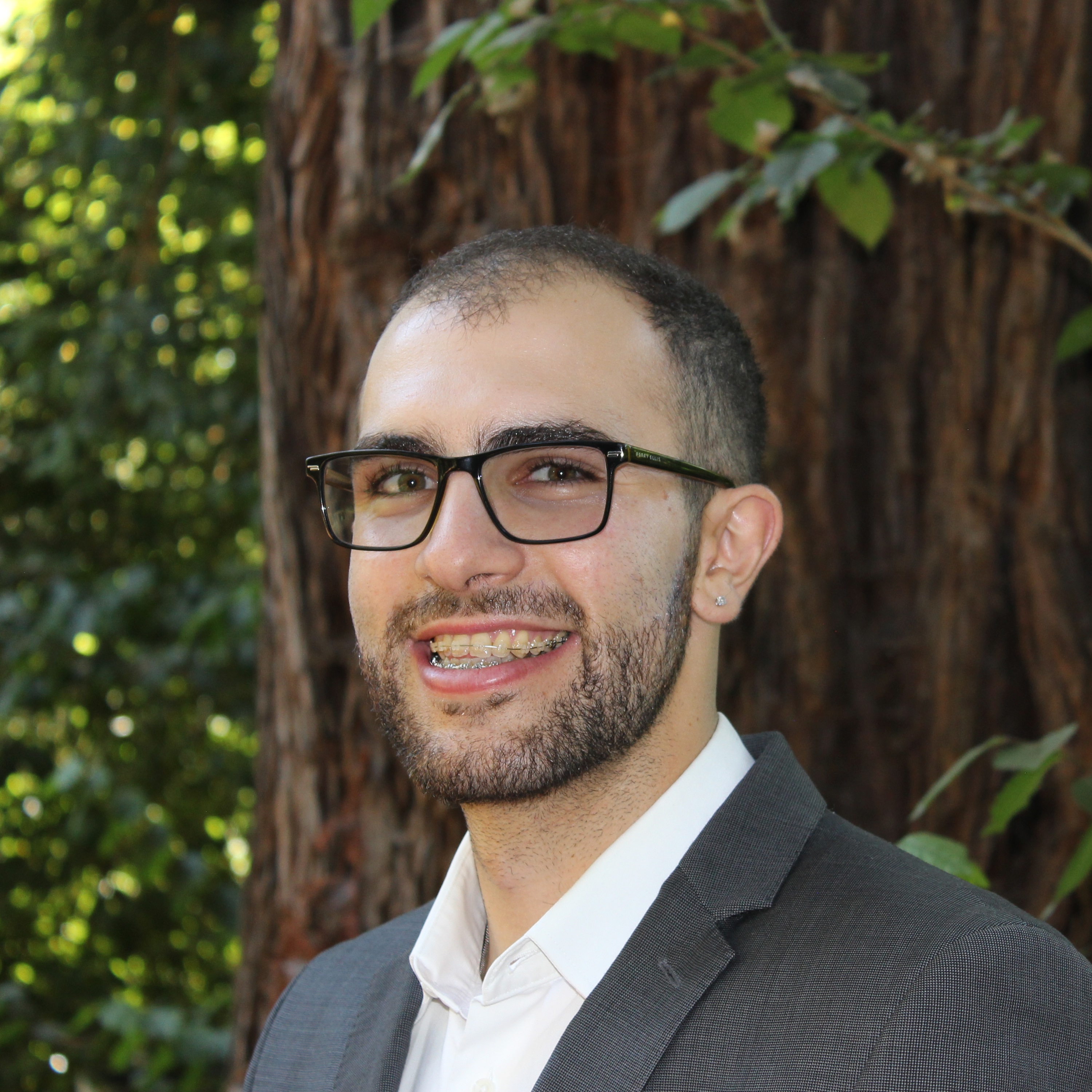R. Teal Witter

I am an Assistant Professor of Mathematics and Computer Science at Claremont McKenna College. My recent research explores randomized algorithms for problems in explainable AI and generative AI. More broadly, I am interested in leveraging ideas from theoretical computer science and machine learning to design provably accurate algorithms.
I completed my Ph.D. in Computer Science at New York University, where I was fortunate to be advised by Chris Musco and Lisa Hellerstein, and supported by an NSF Graduate Research Fellowship. Prior to graduate school, I attended Middlebury College, where I was lucky to be mentored by Shelby Kimmel.
Teaching
CMC MATH 126: Randomized Algorithms for Data Science
CMC CSCI 145: Data Mining
Midd CSCI 1052: Randomized Algorithms for Data Science
Midd CSCI 1051: Deep Learning
Papers
In the tradition of theoretical computer science, an asterisk (*) indicates authors are listed in alphabetical order.
PolySHAP: Extending KernelSHAP with Interaction-Informed Polynomial Regression
Fabian Fumagalli, R. Teal Witter, Christopher Musco
International Conference on Learning Representations (ICLR 2026)
Regression-adjusted Monte Carlo Estimators for Shapley Values and Probabilistic Values
R. Teal Witter, Yurong Liu, Christopher Musco
Conference on Neural Information Processing Systems (NeurIPS 2025)
Blog Post
SEAL: Semantic Aware Image Watermarking
Kasra Arabi, R. Teal Witter, Chinmay Hegde, Niv Cohen
International Conference on Computer Vision (ICCV 2025)
Kernel Banzhaf: A Fast and Robust Estimator for Banzhaf Values
Yurong Liu, R. Teal Witter, Flip Korn, Tarfah Alrashed, Dimitris Paparas, Christopher Musco, Juliana Freire
Preprint
Hidden in the Noise: Two-Stage Robust Watermarking for Images
Kasra Arabi, Benjamin Feuer, R. Teal Witter, Chinmay Hegde, Niv Cohen
International Conference on Learning Representations (ICLR 2025)
Provably Accurate Shapley Value Estimation via Leverage Score Sampling*
Christopher Musco, R. Teal Witter
International Conference on Learning Representations (ICLR 2025)
Spotlight Presentation
FairlyUncertain: A Comprehensive Benchmark of Uncertainty in Algorithmic Fairness*
Lucas Rosenblatt, R. Teal Witter
Preprint
Benchmarking Estimators for Natural Experiments: A Novel Dataset and a Doubly Robust Algorithm
R. Teal Witter, Christopher Musco
Conference on Neural Information Processing Systems (NeurIPS 2024)
Minimizing Cost Rather Than Maximizing Reward in Restless Multi-Armed Bandits
R. Teal Witter, Lisa Hellerstein
Preprint
I Open at the Close: A Deep Reinforcement Learning Evaluation of Open Streets Initiatives
R. Teal Witter, Lucas Rosenblatt
AAAI Conference on Artificial Intelligence (AAAI 2024)
Robust and Space-Efficient Dual Adversary Quantum Query Algorithms*
Michael Czekanski, Shelby Kimmel, R. Teal Witter
European Symposium on Algorithms (ESA 2023)
Counterfactual Fairness Is Basically Demographic Parity
Lucas Rosenblatt, R. Teal Witter
AAAI Conference on Artificial Intelligence (AAAI 2023)
A Local Search Algorithm for the Min-Sum Submodular Cover Problem*
Lisa Hellerstein, Thomas Lidbetter, R. Teal Witter
International Symposium on Algorithms and Computation (ISAAC 2022)
Adaptivity Gaps for the Stochastic Boolean Function Evaluation Problem*
Lisa Hellerstein, Devorah Kletenik, Naifeng Liu, R. Teal Witter
Workshop on Approximation and Online Algorithms (WAOA 2022)
How to Quantify Polarization in Models of Opinion Dynamics*
Christopher Musco, Indu Ramesh, Johan Ugander, R. Teal Witter
International Workshop on Mining and Learning with Graphs (MLG 2022)
Oral Presentation
Backgammon is Hard
R. Teal Witter
International Conference on Combinatorial Optimization and Applications (COCOA 2021)
A Query-Efficient Quantum Algorithm for Maximum Matching on General Graphs*
Shelby Kimmel, R. Teal Witter
Algorithms and Data Structures Symposium (WADS 2021)
Applications of Graph Theory and Probability in the Board Game Ticket to Ride
R. Teal Witter, Alex Lyford
International Conference on the Foundations of Digital Games (FDG 2020)
Applications of the Quantum Algorithm for st-Connectivity*
Kai DeLorenzo, Shelby Kimmel, R. Teal Witter
Conference on the Theory of Quantum Computation, Communication and Cryptography (TQC 2019)
Oral Presentation
Miscellaneous Writing and Projects
Code-based tutorials on adversarial image attacks, neural style transfer, variational autoencoders, and diffusion for Chris Musco’s graduate machine learning class.
Notes on contrastive learning, stable diffusion, and implicit regularization for my deep learning class.
Code-based demos that accompany Chinmay Hegde’s graduate deep learning class and my own undergraduate deep learning class. Recordings of the demos are available here.
A how-to guide for NYU’s high performance computing cluster.
The cover letter, teaching statement, and research statement I used for my academic job applications.
A children’s book based on the Bhutanese folktale of Meme Helay Helay, made with the help of ChatGPT.
An explanation of the Monty Hall problem, titled Two Goats, a Car, and the Beauty of Mathematics.